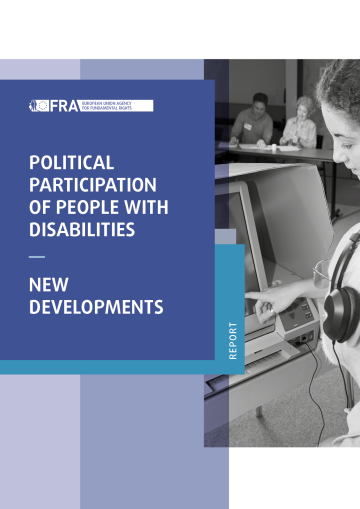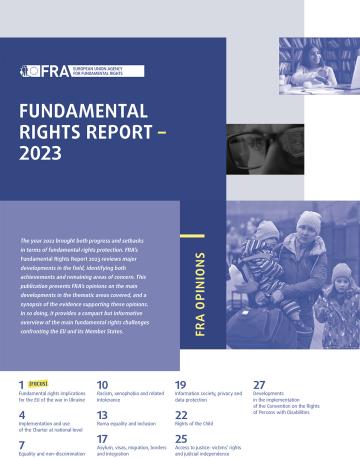Article XV (Freedom and Responsibility) […] (2) Hungary shall guarantee the fundamental rights to everyone without discrimination and in particular without discrimination on grounds of race, colour, sex, disability, language, religion, political or other opinion, national or social origin, property, birth or any other status. […]
(5) By means of separate measures, Hungary shall protect families, children, women, the elderly and those living with disabilities.
Article XIX (Freedom and Responsibility) (1) Hungary shall strive to provide social security to all of its citizens. Every Hungarian citizen shall be entitled to assistance in the event of maternity, illness, invalidity, disability, widowhood, orphanage and unemployment for reasons outside of his or her control, as provided for by an Act. […]










